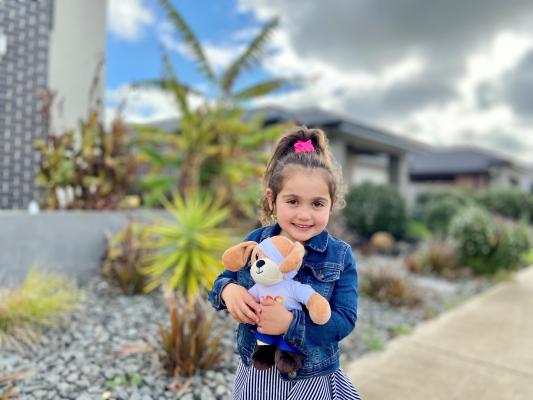
A jump in the number of young children choking on peanuts or tree nuts has prompted a safety warning for parents from doctors at the Epworth Centre for Paediatric Allergies.
Over a 10 year period, this study looked at 200 admissions to the Royal Children’s Hospital where children were diagnosed with foreign body aspiration, which means they had nuts, other food or other objects stuck in their airways. Of those children, 28 were admitted to intensive care.
Researchers found almonds, pistachios, walnuts, cashews and peanuts were among the most common nuts involved. Larger pieces within crunchy peanut butter also lodged in some young children’s airways.
Epworth consultant allergist and immunologist Dr John Ainsworth said there has been a spike in peanut and tree nut aspirations since 2015.
Since 2015, parents have been strongly encouraged to safely introduce their children to peanut and other potentially allergenic foods such as egg, dairy and wheat in the first year, to hopefully prevent the development of food allergies.
Researcher and Royal Children’s Hospital surgeon, Dr James Leung, said young children can inhale nuts, food and other objects into their airway and this can quickly become life threatening.
“A child having a foreign body like a peanut in their airway is a surgical emergency,” Dr Leung said.
“Nuts caught in the airway can cause inflammation and are hard to spot on an X-ray. They can lead to other complications including pneumonia or permanent damage to the respiratory tract.”
Armstrong Creek mum Rose Kabylakis knows only too well the risks peanuts and tree nuts can pose to young children.
Her two-year-old daughter Jordyn reached for some cashew nuts that other family members were eating, at their family home in 2019.
“I was making a cup of coffee when I turned and noticed that Jordyn had a mouth full of nuts,” Mrs Kablyakis said.
“As I told Jordyn to take some out, she was startled and gasped, inhaling some nuts into her airway instead of swallowing them.”
A life-threatening emergency quickly developed with Jordyn unable to breathe properly and becoming unconscious.
It was only the work of paramedics called to the scene that kept Jordyn alive until she reached hospital.
The toddler was later flown to the Royal Children’s Hospital for treatment where she was put into an induced coma for almost a week. She has since made a full recovery.
This research project was jointly funded by the Australian Food Allergy Foundation and Epworth Medical Foundation and is done on collaboration with Royal Children’s Hospital and Murdoch Children’s Research Institute.







